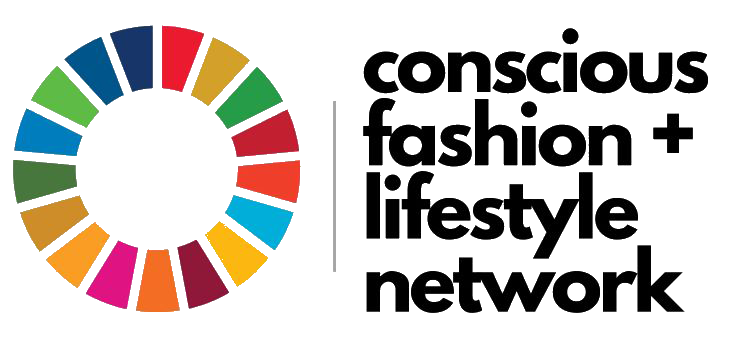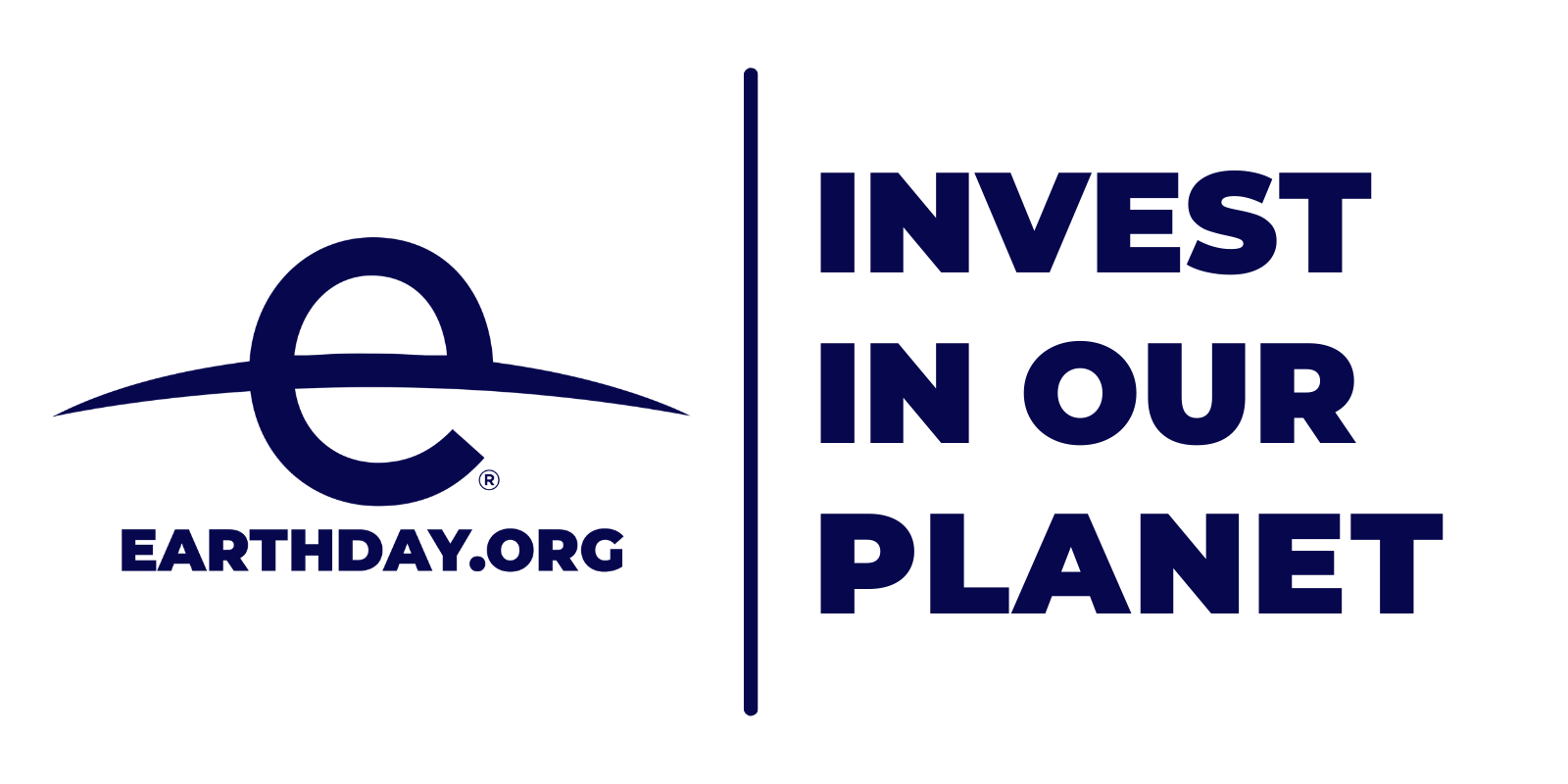Making Compassionate Choices to Combat Climate Change
In October, ACTAsia hosted the 7th International Sustainable Fur Free Festival in Chongqing -an up-and-coming city in central China, with a population of 31 million. We welcomed many international speakers within the fashion and beauty industries who discussed this year’s theme ‘Compassionate Choices’. The theme was the focal point of the Festival and ACTAsia highlighted the fact that consumers can also make ‘compassionate choices’ when it comes to their diet. We wanted to show attendees that sustainable eating is easily achievable and that taste does not need to be compromised. In conjunction with our amazing sponsor Super Zoo, ACTAsia introduced an exciting plant-based menu for the Festival, including Super Zoo’s famous matcha tea cake. In addition to being a healthy and delicious menu, we wanted to highlight the benefits of a plant-based diet for the planet and our health.

COP26 Addressing Climate Change – and the dangers of eating meat on our planet
I am delighted to see that climate change and the impact of a meat-based diet is at the heart of the current COP26 summit. There are four key goals of the COP26 summit and the second goal relates to climate change.
Delegates from across the globe are currently in Glasgow discussing what action their nations can take to help reverse climate change – but we don’t need to leave this work to the high level COP26 delegates – we can all play our part by making simple changes to our diet. Eating meat is contributing to climate change and the world needs to be alert to this alarming fact. The Economist recently published a report stating that: ‘Beef emits 31 times more CO2 per calorie of food than tofu does’. Their report, ‘By cooking so many cows, humans are cooking themselves’ reveals the startling truth regarding the dangers of meat consumption on our planet.

Eating meat is detrimental for the environment for these three key reasons:
- It causes deforestation and forest fires
Industrial meat is the single biggest cause of deforestation globally. In Brazil, farmers are deliberately setting forest fires to clear space for cattle ranching and to grow industrial animal feed, like soya for farms in the UK.
- It causes climate change
Healthy trees are essential for absorbing carbon from the atmosphere. If we cut them down, they can no longer help us in the fight against climate change as the billions of acres of forests being destroyed are no longer there to absorb carbon dioxide in our atmosphere, further accelerating global warming. The fallen trees are often left to rot on the forest floor or are burned, creating further emissions.
- It is killing wildlife
By clearing forests, destroying habitats and using toxic pesticides to grow animal food, the industrial meat industry is contributing to the extinction of thousands of species, many of which haven’t even been discovered yet. We depend on a healthy environment for our own survival with biodiversity being essential for food, clean water and medicines. The rapid loss of biodiversity, largely driven by industrial farming, is a huge threat to our existence.
Eating meat is also linked to risk of future pandemics
Not only is eating meat on such an industrial scale contributing dramatically to climate change but it is also increasing the risk of future pandemics like coronavirus. As I spoke about in my previous blog about One Health we all need to adopt a One Health approach which is at the heart of ACTAsia’s work with children’s education and veterinary training. Destroying forests for animal agriculture is a major cause of new infectious diseases.
According to scientists “ Zoonotic diseases are a threat to human & animal health worldwide, as more than 2/3 of all emerging infectious diseases of humans are zoonotic. https://development.asia/explainer/what-asia-can-do-protect-against-animal-borne-diseases Cutting down and burning forests forces wildlife into closer contact with people, enabling deadly viruses to pass from animals to humans. But that’s not the only disease risk from industrial meat – factory farms can also increase the spread of the disease, both between animals and from animals to humans. The risk is higher for industrial meat farms because huge numbers of animals are crammed into small spaces and the animals themselves have weaker immune systems. This means that viruses can develop more rapidly and have the potential to pass to humans.
The health benefits of a plant-based diet
With World Vegan Day taking place on 1st November, it has been an opportunity to celebrate the benefits of a plant-based diet for our health and the natural environment in our fight against climate change. According to healthonline adopting a vegan diet can lead to the following health benefits:
- A vegan diet is richer in certain nutrients
- It can help you lose weight
- It appears to lower blood sugar levels and improve kidney function
- It may protect against certain cancers
- It is linked to lower rate of heart disease
- It can reduce pain from arthritis
With so many benefits of a plant-based diet, I would urge consumers to consider adopting ‘compassionate choices’ when it comes to their daily food choices.

ACTAsia’s Caring for Life (CFL) Education promotes ‘compassionate choices’
ACTAsia’s award winning CFL children’s education programme is a unique six-year curriculum for all primary school years. It encompasses social welfare and citizenship, animal welfare, and environmental issues and it recognises the interdependence of all living things. As part of the curriculum at our Pioneer Schools, we invite children to consider the issues attached to animal farming and the impact it has on the planet. As the Her Majesty the Queen stated in her speech to world leaders at the opening of COP26 it is future generations who will see the benefit of our actions today:
“Of course, the benefits of such actions will not be there to enjoy for all of us here today: we none of us will live forever. But we are doing this not for ourselves but for our children and our children’s children, and those who will follow in their footsteps.”
By educating children through our CFL programme now we are equipping them with the knowledge and therefore power to make compassionate choices for the planet and their health for generations to come.
What else is ACTAsia doing to make a positive impact to combat climate change?
At ACTAsia we actively promote a plant-based diet in all areas of our work. We have established a ‘Compassionate Choices Network’ with organisations in five Asian countries bringing together a coalition of advocates to reduce animal consumption and promote plant-based diets and sustainable lifestyles. Our goal is to increase recognition, interest and acceptance of sustainable plant-based diets and reduce the consumption of animals thereby breaking down socio-economic and cultural norms in Asia.
![ACTAsia [logo]](https://www.actasia.org/wp-content/themes/ACTAsia-2022-theme/assets/img/actasia-en-colour.svg)




